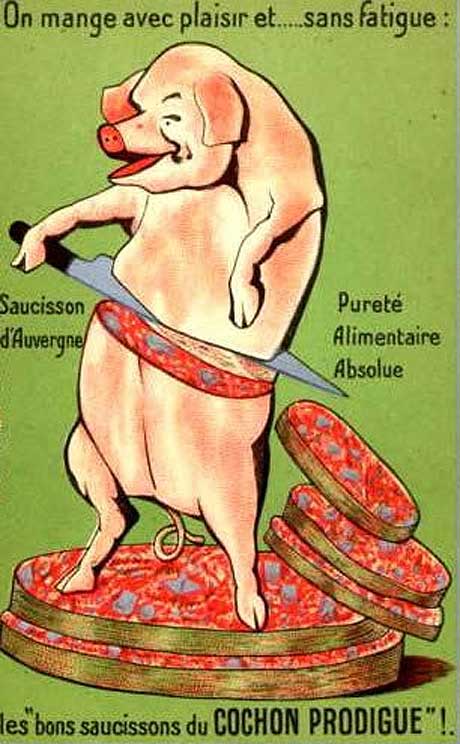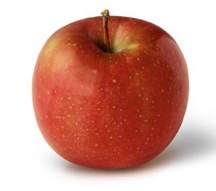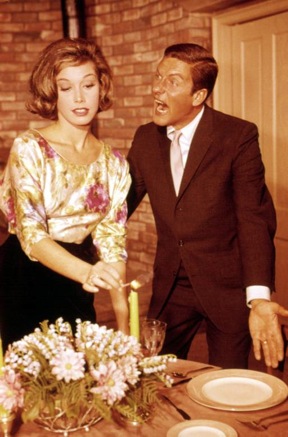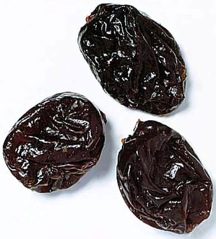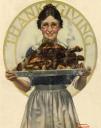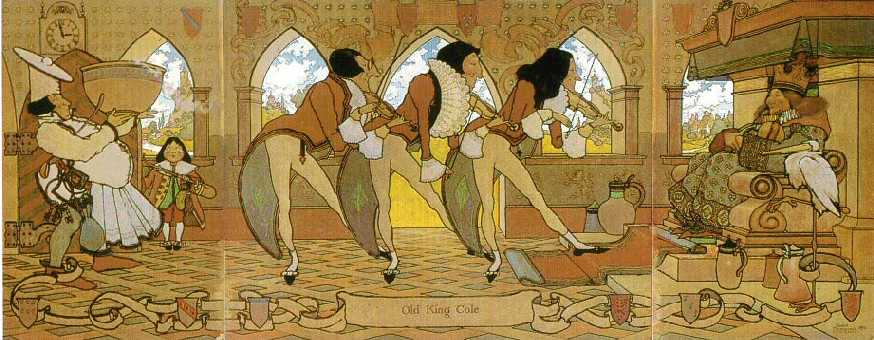Have you noticed lately that vegetarianism has been on the upswing? Jonathan Safran Foer has been hectoring us about the evils of Eating Animals, cataloguing our collective moral depravity and bloody Morlock slouch towards planetary destruction.
What accounts for the ascendancy of this idea?
Is it wrong to dine upon the flesh of sentient creatures? Granted, the noble pig is clever. Like Mr. Henry himself, a pig can admire its image in a mirror. But what about the chicken, the sheep or the cow? What pull do they have on our heartstrings?
Ever since Mr. Henry watched a video in the Monterey aquarium documenting an octopus delicately tasting the arm of its beloved handler and then erupting in pulsating colored stripes of delight, he has foregone pulpo on the menu. What a glorious creature, the octopus, prince of invertebrates, capable of unscrewing a mason jar. Show me a pig that can do that.
Why can’t people live in harmony with animals without resorting to the barbarism of slaughter?
The answer is time. While a pig has all day to root around for the tastiest tubers, modern persons like ourselves need to cook something dense with food value, get it done, and get going. It is damnably difficult to find satisfaction in vegetables alone if you are cooking in a hurry, unless you happen to be one of those raw-diet enthusiasts, in which case you and the pig share the same diet and possibly the same flavor profile (hence the South Seas nickname for tasty captives, “long pig”).
And what can we say about the inevitable smugness that clings to vegetarians? It’s maddening when a table guest announces that meat is vile succor. Perhaps South Seas cannibalism started right there. A local chief just had enough of that superior attitude.

